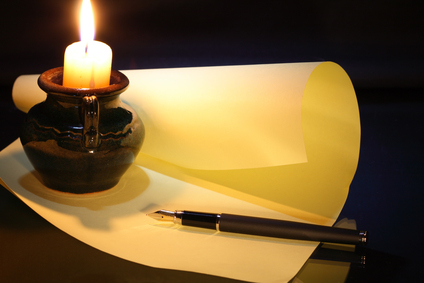Definition of Poetry
What is poetry? It would be easy to define poetry as simply stanzas written to inspire thoughts and feelings in the reader using rhyme and rhythm and sometimes written in free verse. Note that this one sentence describes poetry with an overall matter-of-fact description but it doesn’t capture the essence of why so many people are drawn to this genre.
The true essence of what makes up poetry can be more readily described by discussing the emotional, visional, and all the other sensory things it creates for a person as they strum their way through the gateway of expressive language.
Poetry can be challenging or it may be straight forward. It can be in the form of abstract or it can follow a simple path of words. It can include doctrine, irony, ambiguity and symbolism along with many layers of meaning. These layers are created by a writer wishing to add their personal style and cultural beliefs into the mix. This is what makes this genre exciting and rewarding.
It is an art form using words and language to evoke the emotion and passion within us to stir our feelings in the direction of an author’s philosophy. True, it is comprised of rhyme and rhythms and meters and rhyming couplets and quatrains but that is only the skeleton that holds up the vivid imagery and descriptions crafted by writers. Poems are not created by a recipe or a special template but are created by hard work and the use of old and modern language. Each culture brings its own uniqueness and its set of rules. It is music created for our ears as paint is created for canvas.
Poetry comes in all lengths and shapes and even comes in prose. Some poetry is smooth and other is delicate, dense and lyrical. There is blank verse and free verse and various types of poem styles and methods. Poetry should make you cry, laugh and even give you goose bumps. It is the mixture of words by writers and authors to make the reader think, feel and imagine.





